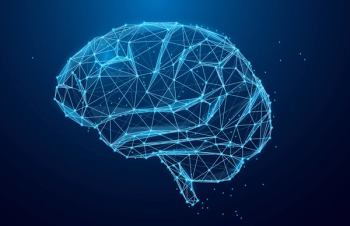
Ketamine-Assisted Psychotherapy: Updates From the 2025 APA Annual Meeting
Ketamine-assisted psychotherapy: enhancing healing through emotional support and insight-driven therapy for depression.
CONFERENCE REPORTER
Fernando Espi Forcen, MD, PhD, shared his insight on ketamine-assisted psychotherapy (KAP) at the 2025 American Psychiatric Association (APA) Annual Meeting in Los Angeles.
"We have learned so many things about ketamine, including that psychotherapy has a role," said Forcen. "The idea would be to incorporate psychotherapy as an additional layer of treatment in patients who could benefit from ketamine and also explore what ways it could be different from the traditional medical model in which we use ketamine as an antidepressant."
After its introduction into clinical practice as an anesthetic in the 1960s,1 ketamine has continued to fascinate clinicians and researchers. Recent studies confirm that ketamine may be particularly useful for outpatients with moderately severe or severe depression,2 but the full breadth of its potential is still being studied. In KAP, the goal is not to do multiple infusions of ketamine as with ketamine treatment for depression, but rather to perform psychotherapy merely enhanced by ketamine to "loosen the mind" and explore memories of trauma, shared Forcen.
"Ketamine-assisted psychotherapy is not trying to compete with ketamine therapy. It is just trying to give patients a different option. A patient and their provider will decide which model is going to work better. These 2 models should coexist and complement each other," concluded Forcen.
Stay tuned for more on ketamine-assisted psychotherapy from Forcen in an upcoming Special Report.
Dr Forcen is the medical director for McLean’s Depression Residential Treatment Program located at the Lincoln Residence, focusing on innovative depression treatments. He is also an assistant professor of psychiatry at Harvard Medical School, and the creator of the psycho-podcast
References
1. Li L, Vlisides PE.
2. Allen J, Marasinghe L, Schuster H, Mullen M, Tampi RJ.
Newsletter
Receive trusted psychiatric news, expert analysis, and clinical insights — subscribe today to support your practice and your patients.







